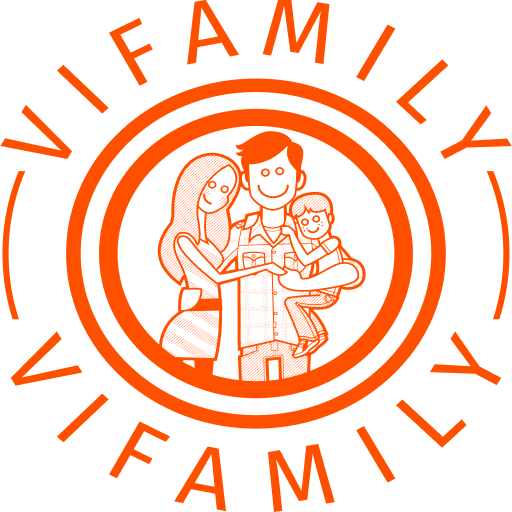Most asset types are automatically divided during divorce, with a few exceptions. Property and assets that are titled in both spouses’ names, such as bank accounts, vehicles, and investment accounts, are generally regarded as community assets. Community assets are divided equally between the spouses.Personal property and assets that are not titled in both spouses’ names, such as household items and collectibles, are generally regarded as the spouse’s separate property. The spouse who owns the property typically keeps it after the divorce. The spouse who does not own the property may be able to get it through equitable division (see below).Separate property can be divided either equally or unequally. If you want to split your assets unequally, you must prove that this is fair and that one spouse did not contribute equally to its acquisition. Equitable division is a process during which each spouse receives an equal amount of their separate property.
Are separate bank accounts considered marital property in Canada?
Yes, they are marital property in Canada.Bank accounts with your spouse are marital property in Canada because you have a right to access and use them. When you get married, you are giving up your right to access and use the bank accounts that you had before marriage, and you have to start sharing them with your spouse.The only time that a bank account would not be considered marital property is if the funds in the account were entirely separate from both the spouses before marriage (for example, if the funds were deposited into a joint account by both spouses before marriage, then neither spouse can take possession of those funds without the other spouse’s permission).This is just one example of how marital property works in Canada. For more information about how marital property works in Canada, see canadianfamilylaw.com/templates/Marital%20Property%20and%20Divorce/index.php?tmID=218##end
Do I get half of everything in divorce Canada?
While there are no clear cut rules when it comes to dividing up property in a divorce, there are some things you may be able to expect. In general, it’s likely that you’ll get half of your spouse’s assets, as well as half of your spouse’s income. Other things that may be part of the divorce settlement include child custody and child support. If you have questions about how property is being divided or how child support is being calculated, you should speak to your lawyer. This will ensure that you’re getting the best possible deal through the divorce process.
